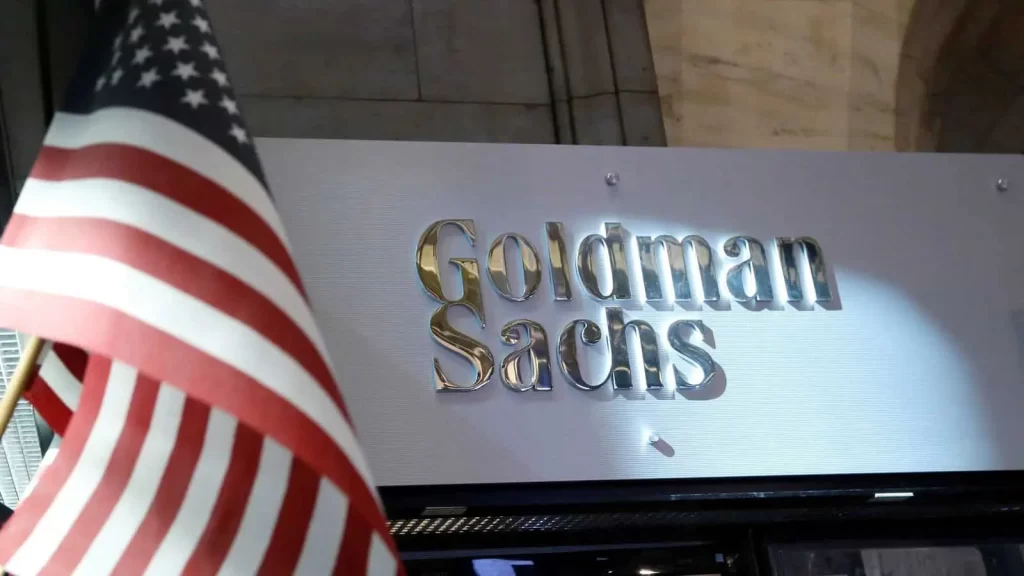
April 9, 2025 | New York, NY — Global financial giant Goldman Sachs has issued a stark warning that the U.S. has entered an “event-driven” bear market, triggered not by economic fundamentals but by renewed tariff threats from former President Donald Trump.
Market Downturn Driven by Political Policy
In a note to investors released Tuesday, Goldman analysts described the downturn as being driven by policy shocks rather than economic indicators. The renewed tariff plans targeting hundreds of billions in Chinese imports have sparked fears across Wall Street.
“The announcement of sweeping tariffs has rattled investor confidence and introduced uncertainty around global supply chains, corporate earnings, and inflationary pressures,” the report read.
The S&P 500 has officially dropped more than 20% from its previous peak, signaling entry into bear market territory.
Event-Driven vs. Structural Bear Markets
Unlike bear markets caused by recessions or structural economic issues, event-driven bear markets are sudden, often triggered by geopolitical shocks, wars, or in this case, policy decisions.
Goldman emphasized that while these markets may recover more quickly, they often come with severe short-term pain.
“The potential for miscalculation is high,” the report warned. “We urge caution until there is greater clarity on trade negotiations and fiscal policy direction.”
Read This : Cetoex Made Easy 8-Step Guide to Buying Crypto.
Global Ripple Effect
The impact of the announcement was felt far beyond Wall Street. Asian and European markets followed U.S. indices into sharp declines. Technology and manufacturing sectors, heavily reliant on Chinese exports, bore the brunt of the losses.
Many multinational companies are now bracing for:
- Increased input costs
- Supply chain disruptions
- Shrinking profit margins
Trump’s Stance: ‘America First’ Returns
Trump, who is actively campaigning ahead of the 2026 presidential race, has defended the tariffs as part of his long-standing “America First” economic policy.
“We will bring jobs back to America and stop relying on China,” Trump said during a recent campaign rally.
Critics argue that while protectionist policies may benefit certain industries, they risk triggering inflation and economic instability.
What’s Next?
Goldman Sachs says a rebound is possible if trade talks resume or tariffs are rolled back. However, it cautions that markets could remain volatile until clearer policy signals emerge.
Investors, meanwhile, are preparing for continued turbulence—hoping that diplomacy might prevail before economic damage deepens further.
Do Follow Us On Social Media And Keep Reading And Become Our Members